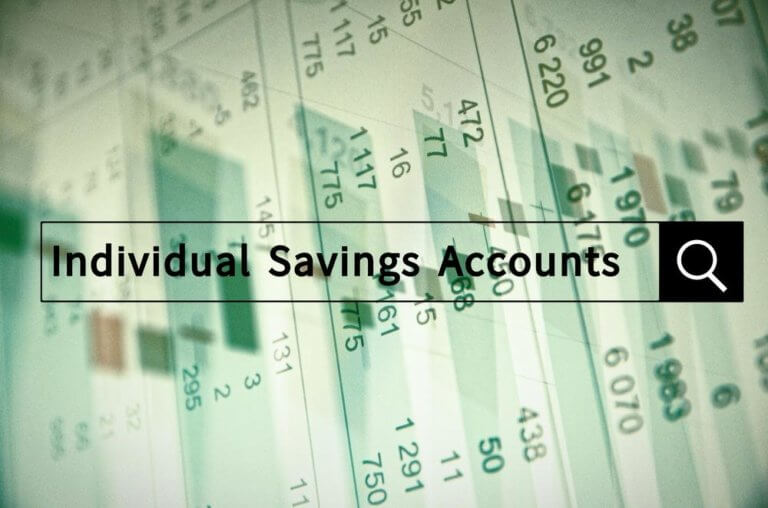
Statistics show that many people in America are taking early resignation from their jobs to start their businesses. This is because self-employment brings in some sense of flexibility and time to tap one’s inner abilities. The only challenge at times comes when one wants to acquire a property through a mortgage.
At this point, one may lack the W-2 forms as before or the documentation to show monthly income flow. However, does it mean that it is impossible to find a lender to offer you the credit you want? The answer is no, as several approaches can guide you to securing financial support for purchasing real estate.
1. Smooth the Wavering Income periods
Generally, a bank will provide you with financial support depending on your financial strength. The aim is to reduce challenges when recovering their finances, say after a delay in payment. It is, therefore, necessary as a self-employed person to think around this. It is where you focus on your income generation patterns.
Try to find a method of stabilizing your income for every financial year. It may be challenging to make this happen, especially since a startup can experience some teething problems in the infancy level. However, for the sake of creating an appealing image to the lenders, consider smoothing any irregular income periods.
2. Proof of Income: Pay Stubs Online
These days, workplaces are highly using pay stubs due to the endless benefits. These documents act as evidence for a specific payment or payments to workers. The other significant thing is that they are easy to create. All one needs is to find a check stub maker online. As a worker of a previous company, you may have used such e-files a lot, and they still hold your previous payment information.
While taking a mortgage, the financial service provider will want to see your financial history as a way of determining your credit score. Besides the stubs showing the payments, they also capture the taxes you owe or paid and other commissions. This is crucial during the mortgage application as it shows how responsible and capable you are with the finances.
Even for your current business, consider having the same approach-ensuring your staff has pay stubs as this will assist you when managing the payrolls. It sounds unnecessary for a startup with few workers. However, as you grow, the benefits will become more apparent.
3. Understand the Net Income
From your income, there is a lot of analysis which the lenders will do before making a decision on giving you financial assistance or not. One of them is to check your gross income but, most importantly, the net profits. They do this by deducting all the expenses and taxes from which they see what you have made.
They base their decision on these final figures. Sometimes, a business can receive a substantial gross income after the sales or service delivery. Many business owners fail to consider the impact of write-offs on taxable income. To be specific, all the running expenses such as meals, transportation, warehouse charges will all reduce your taxable income.
4. Prepare Sufficient Paperwork
Any mortgage lender intends to give you support after being sure of your current and future stability. This makes them need a lot of data from you. A full-time worker can have an easier time due to the W-2 form which they have. For your case, you may need to provide documents that show that you have been self-employed since you began business.
Additionally, they may want profit and loss statements and tax return files alongside your business license. Some even need your bank statements, assets, or any other source of income you may have.
Purchasing a property through mortgage support can be challenging when self-employed. This is because you lack documents such as W-2 forms. Even so, you have options in securing your loan. One way is through stabilization of your income and having the proper documents with you.
























